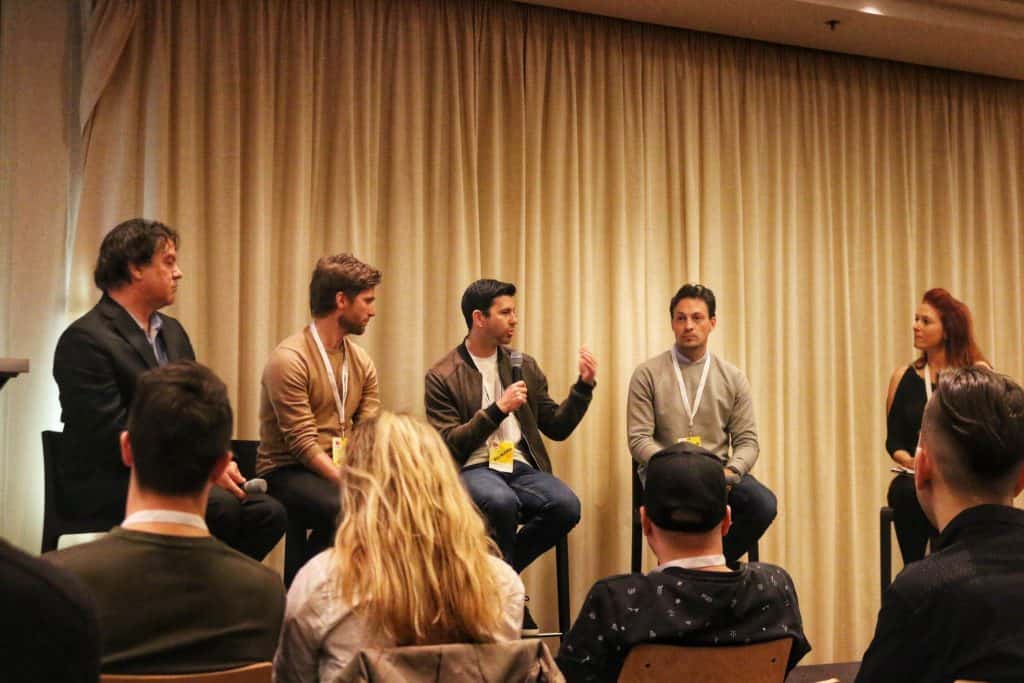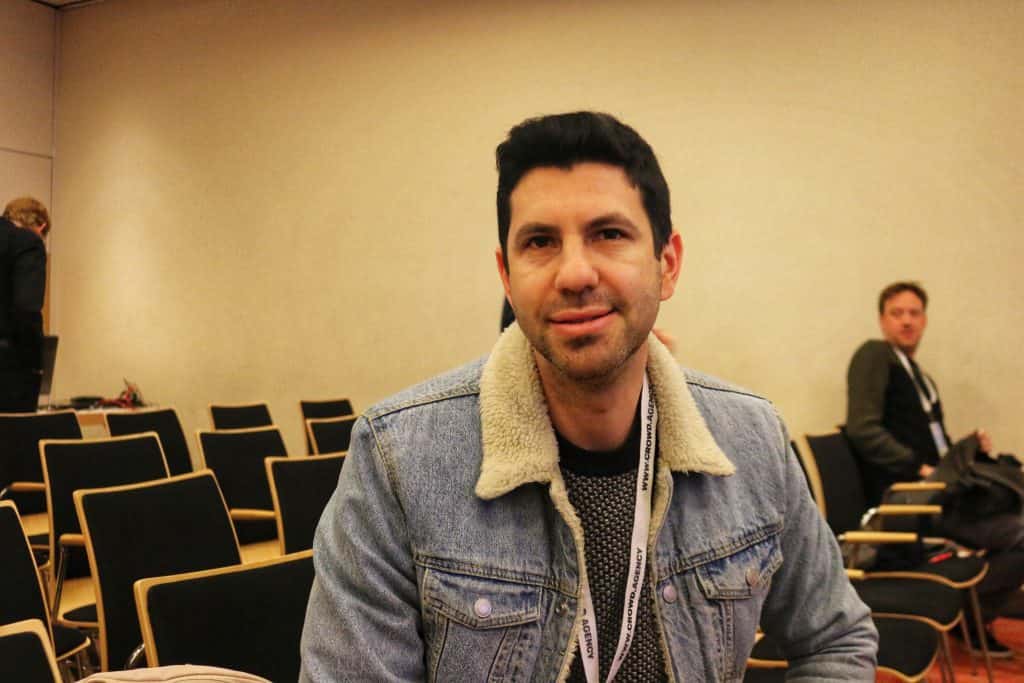[mks_dropcap style=”letter” size=”48″ bg_color=”#ffffff” txt_color=”#000000″]T[/mks_dropcap]he ecosystem of online video is constantly evolving. Multi-channel networks, more commonly known as MCNs, are becoming game changers in this industry. They form a bridge between online influencers and companies by collecting and representing the influencers – folks with popular YouTube channels – and presenting them to advertisers in exchange for a slice of income. Yoola, in the top five MCNs, is showing ambition to construct a virtual nation for global online creators.
Started from an individual video channel in Russia, Yoola has become an MCN giant to provide third-party services that work with YouTube channels, offering audience development, content packaging and monetizing services. The company currently manages more than 72,000 channels, driving over 7 billion monthly views with more than 650 billion subscribers across the network.
Cracking the Great Firewall of China
For too long, Western Internet companies, including Facebook and Google, have been struggling to gain footing in the Chinese market. Under the Internet Censorship Policy, these websites and companies are currently blocked in the mainland. Many influencer marketing companies, including MCNs, have tried hard to crack into the Chinese market to gain the massive Chinese Internet viewership, but they find it hard to adapt to the totally different ecosystem.
By creating brand-new distribution channels for content creators, Yoola aims to bridge the international content gap
Through a localization process, which contains translating, editing, operating and promoting the content on different networks in China, Yoola is helping non-Chinese influencers gain traction in China. They have announced partnership with major Chinese social platforms such as Weibo and Tencent, which serve 98 percent of the Chinese Internet population.

By working with Chinese platforms, Yoola will bring selected content mainly from the United States and Russia into the Chinese market. By creating brand-new distribution channels for content creators, Yoola aims to bridge the international content gap.
Difference
Different from Western digital media’s emphasis on video advertisements for revenue, ‘digital gifting’, brand integrations and e-commerce are the top revenue channels in Chinese market. Besides the localizing content, understanding and adjusting to the preferences of Chinese market is also important to the exploration of Yoola. As the domestic online video market becomes saturated, Yoola needs to provide a refreshing viewing experience for Chinese audience to gain their attention.

Another difference lies in the policy and market environment. “Chinese government doesn’t like foreign media contents. We are trying to conquer the cultural difference as well as avoid being blocked by the strict Chinese policies,” Eyal Baumel, CEO of Yoola told us during VidCon Europe 2018.

How Yoola is doing now
So far, Yoola is doing a good job. Slivki Show is one of the examples that Yoola help localize Russian and Ukrainian influencers in Chinese social network. Slivki, who has accumulated more than 980,000 subscribers on Youtube since 2015, has started distributing the same content that teaches English-language life hacks on Weibo. He now has over 236,000 followers on that platform.
Yoola now has a team of six in Beijing to select suitable content, as well as edit and add subtitles to foreign videos everyday.
Slivki Show is famous for the cute main character (a cat) and some practical life experience, which is very funny and useful for the audience. In addition, to cater to the interest of Chinese audience, Slivki adds some elements of Chinese traditional cultural to his contents, including Chinese Spring Festival and some Chinese dialogue and characters.

Most of the content on Chinese platforms by Yoola for the time being is transported over from YouTube, rather than customized for Chinese audience. Since content regarding politics and sex are totally forbidden in China, the selection of content from Western platforms requires extreme prudence. Yoola now has a team of six in Beijing to select suitable content, as well as edit and add subtitles to foreign videos everyday.
Stepping into the future
Beyond the distribution of content, Yoola is also using its own production studio to find opportunities in the Chinese live streaming market.
Furthermore, Yoola is actively broadening its Pacific markets. It has recently announced the partnership with UUUM, the top Japanese MCN that connects all top Asian YouTube channels, with over 6.5 billion monthly views. The merge of these two entertainment giants aims to increase the views and revenue streams by exchanging ideas and creative potential on brand promotions and influencer marketing.
Photos: Cris Ling





